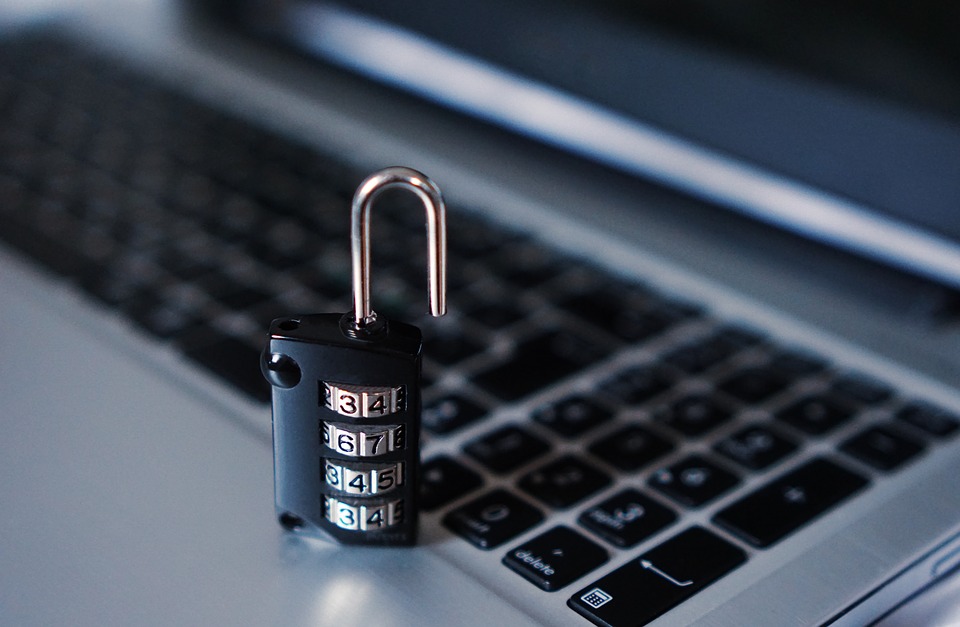Data Protection 101: the Startup and SMB Edition
When speaking about the data loss, most people focus on the wrong things. What they fear the most is the system failure, or the error in data files. However, there is a much worse scenario. Imagine all the data you gathered about the market, your clients, contacts, rules, and events in the business being acquired by your competitors. If this sounds like something out of a bad Hollywood movie, you should read a bit about the LinkedIn data breach. All of these accounts and passwords ended up on the deep web to be sold to the highest bidder. In order to protect yourself from such a grim fate, here are few tips on how to protect your data online.
Look for a Reliable IT Support
There are two ways in which you can deal with your IT support. The first one is to handle things in-house. While this method is quite reliable, just setting this up can cost you an arm and a leg. First you would need to pay for all the digital tools your team is going to use. Next, you would need to either train them (which costs both time and money) or hire already trained people (which costs substantially more). Because of this, outsourcing is the most commonly preferred option by both startups and SMBs.
Virtual Private Networks
Contrary to what some people might say, public networks are far from safe. The very act of using them in order to transfer private data is extremely reckless and should be avoided at all times. Some companies like Matrix7 offer VPNs to link offices from different cities into a single network. The way this works is quite simple. Once it is established, everyone you give an access to can join the VPN in question. This particular method of doing business is mandatory if you are to have any chance of keeping your data protected.
Come Up with a Strong Password
Even the best of efforts mean nothing if your password is easy to crack. Going with your date of birth or that of your children, your pet’s name or your favorite team is just begging for something bad to happen. With the right tool even an amateur hacker will be able to crack your password in a matter of minutes and get an access to all your business data. This is why you need to randomize your passwords as much as possible. Use both upper and lowercase letters, numerals and even symbols (for platforms which allow such a thing). Still, don’t make it too random since you won’t be able to memorize it later on.

Care for In-House Theft
One last piece of advice, not every threat comes from the outside. Imagine having the most impenetrable password and giving it to the wrong person. In-house theft is still one of the biggest concerns in the corporate world and you need to protect yourself from it accordingly. Technically, once you give an access to someone, no protective measure will work on them. However, this is more of a lapse of judgement than a mistake in your IT security. Nonetheless, it is a thing you must keep an eye out for.
Conclusion
While there is no such thing as 100 percent safe (in digital or real world), following this simple four-step procedure can make you more or less protected from the amateur hacker attacks. When you come to think of it, it is highly unlikely that an SMB can get an enemy powerful enough to afford a person who can hack FBI or Apple servers. All in all, what you actually do in this way is make any security breach attempts against your business not worth the trouble.


